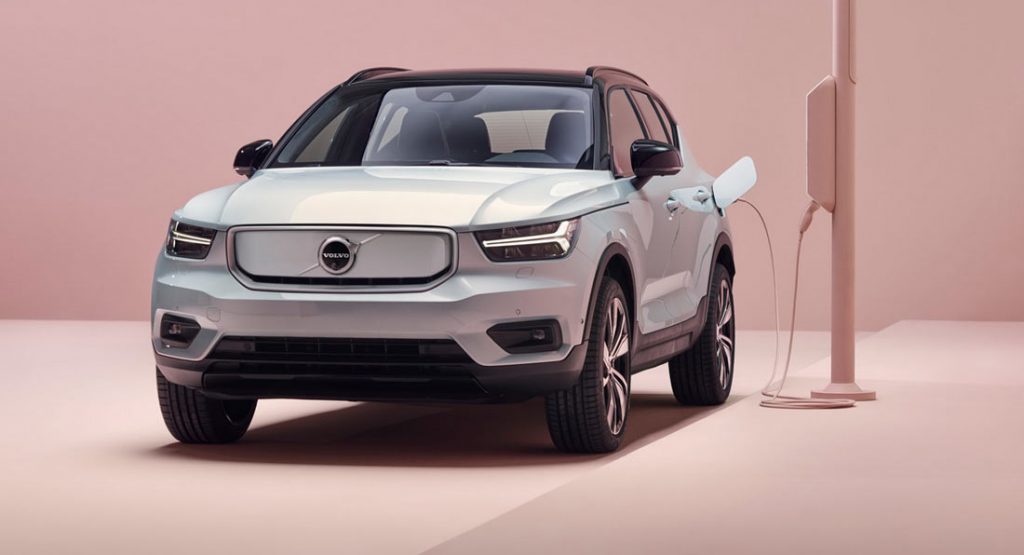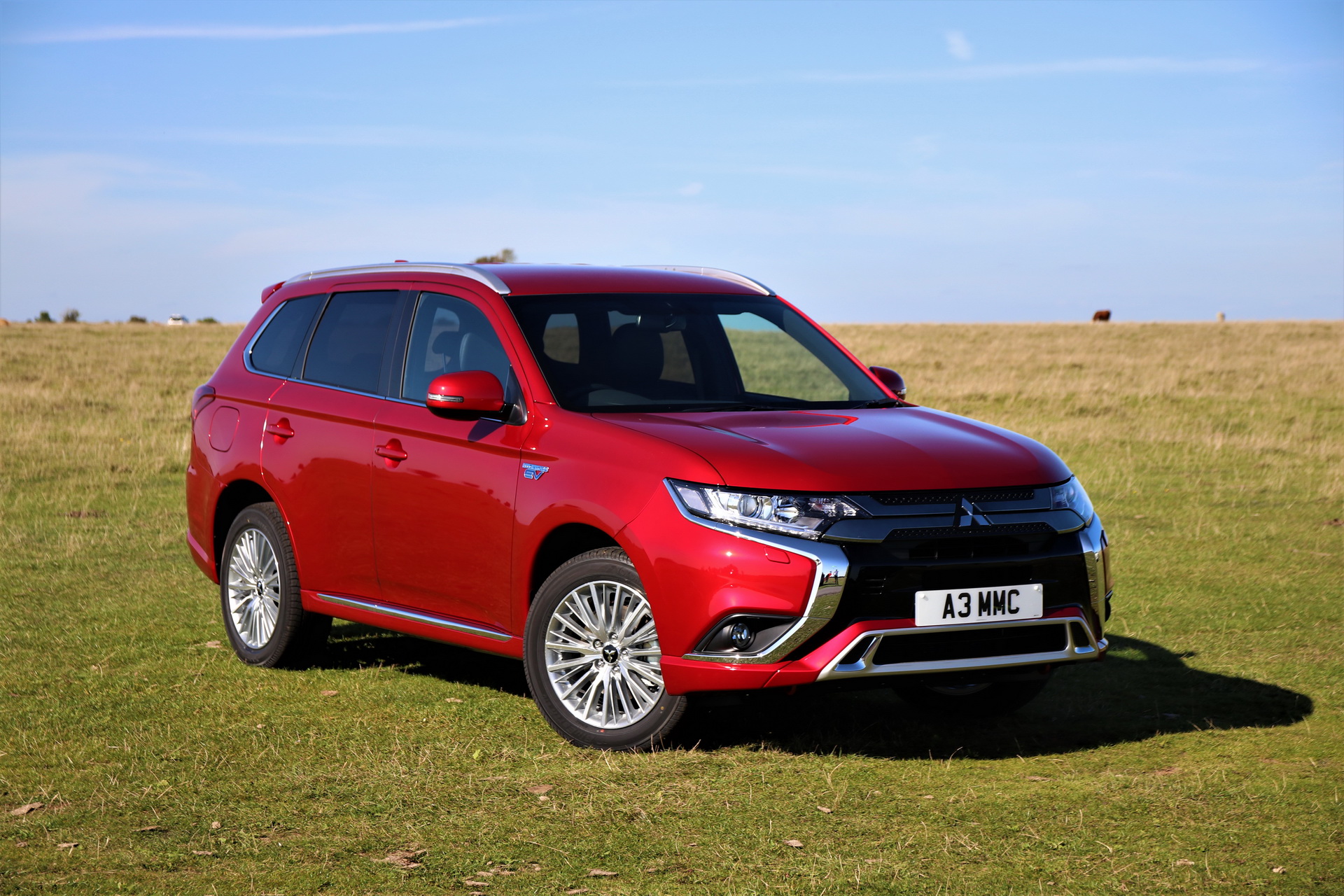Sales of electric vehicles jumped significantly across the European Union in the final quarter of 2019, accounting for 4.4 per cent of total new car sales in the period.
Data from the European Automobile Manufacturers Association (ACEA) reveals that demand for ‘electrically-chargeable’ vehicles jumped 81.3 percent in Q4 2019 to 156,805 units in total. Demand for battery-electric vehicles and plug-in hybrids increased by 77.9 percent and 86.4 percent, respectively.
Hybrid vehicles still account for the majority of alternatively-powered vehicle sales in the EU, shifting 252,371 units in the fourth quarter, a 69.2 percent increase over the same three-month period in 2018.
Also Read: You Can Still Buy The Opel Ampera-e In Netherlands For €10,000 Off
“Even before the EU CO2 standards for new cars kicked in January, the electric car sales in the last quarter of 2019 reached an all-time high. This shows that the demand is there and is growing, and the reason for low sales until now has been a poor supply of models by carmakers,” Transport & Environment clean vehicles and e-mobility director Julia Poliscanova said of the figures.
“The CO2 standards will require the car industry to sell around a 5% share of electric cars in 2020, which is within reach and will kick-start the pathway to zero emissions mobility required by the European Green Deal,” she added.
With sales of alternatively-powered vehicles on the rise, the number of diesel cars sold in the EU fell by 3.7 percent to 1 million units, accounting for 29.5 percent of new-car registrations. Despite this, some markets did see an up-take in diesel vehicle purchases. Those included France (+7.3 percent), Germany (+4.3 percent), Romania (+31.1 percent), Sweden (+30.5 percent), Hungary (+18.4 percent), Belgium (+17.7 percent), and Slovenia (+18.2 percent.)
Sales of petrol vehicles rose by 11.9 percent and accounted for 57.3 percent of the EU market.





